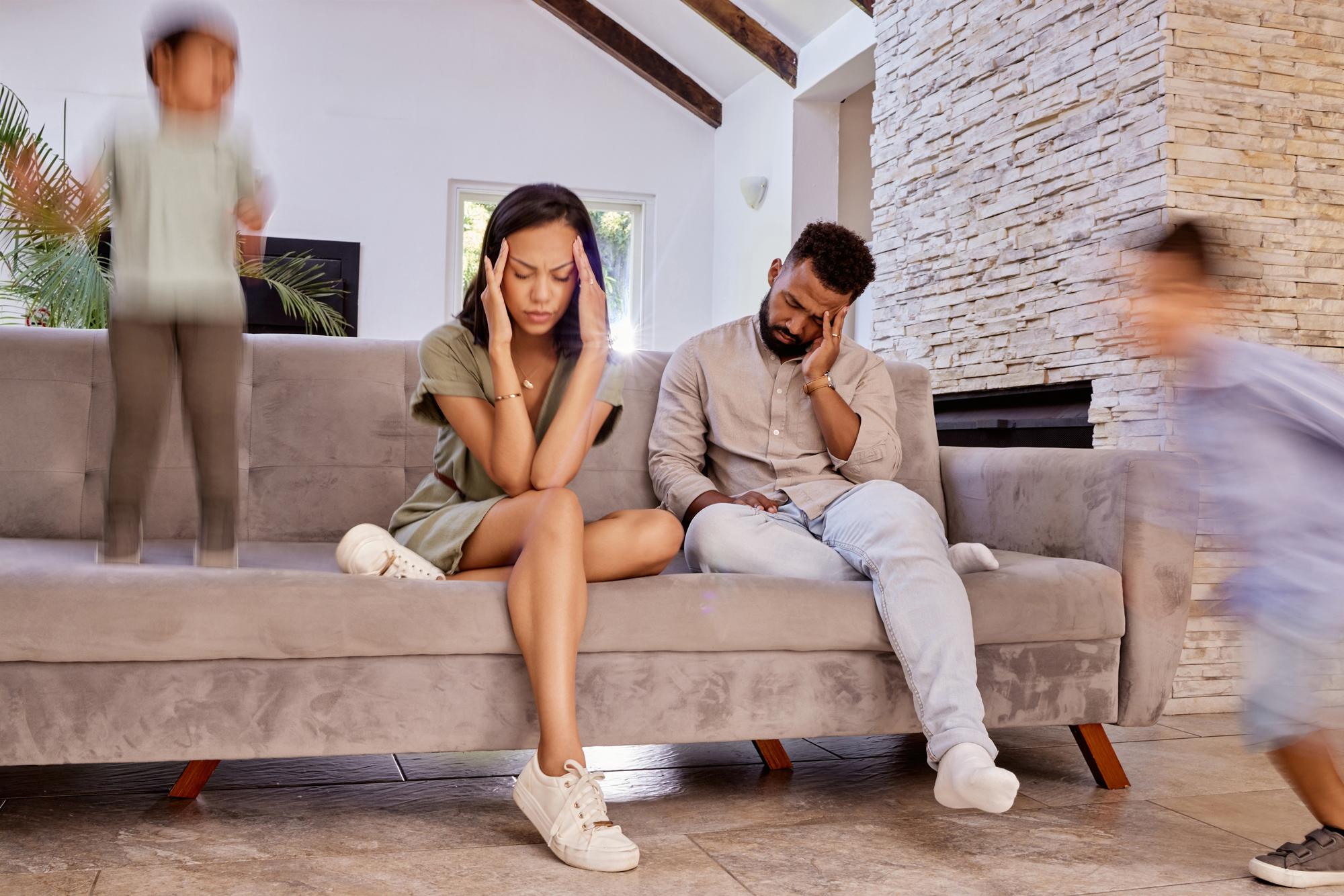Quick Summary:
Summertime should be a season of rest and relaxation, but the lack of routines, additional social commitments, and high expectations can make it anything but carefree. Summer burnout can cause emotional and mental health challenges that are very real. Read about the causes, symptoms, and ways to beat summer burnout this season.
Clinically Reviewed by Dr. Beau Nelson DBH, LCSW, Chief Clinical Officer
Ah, summer. A season of fun in the sun. School’s out, vacations are in, and you’re looking forward to a few months of rest, relaxation, and—
Hang on. Before you slip on your flip-flops and shades to chill in your backyard, you’ll have to take care of a few things. That upcoming vacation might require you to get some extra work done before you leave — and after you come back. Don’t forget about all the summer party invitations you can’t ignore. And, how about getting the kids back and forth to camp? And once they’re home, what activities do you have planned for them? Feeling relaxed yet?
Despite their reputation for being lazy, summer days can actually be jam-packed, making it anything but an easy-going time of the year. Stress can increase with additional responsibilities at home, work, and socially. If you’re feeling burnt out instead of blissful, you’re not alone.

Why does summer burnout happen? A number of reasons might be to blame:
Expectations
Every summer season starts out with the best of intentions. Whether you’re looking forward to a family trip you’ve been planning all year, or those traditional beach excursions are around the corner, you look forward to summer as a time of heightened joy and excitement. But, for moms especially, when everything doesn’t fall into place the way you want it to, it can cause stress, disappointment, or pressure to make things perfect — which is not the best situation for your mental health.
Overcommitting
Summer is the time for barbeques, pool parties, and social gatherings. Once it gets warm, the pressure to get together builds, leading to a full schedule of commitments. Whether you’re excited to be social and don’t want to decline a single invitation, or you’re more introverted, dreading each event you’ve agreed to attend, social obligations can be stressful as you balance your calendar with work and family responsibilities.
Lack of routines
With the kids out of school, sticking to a schedule can become a nightmare. Even if you’ve enrolled your little ones in camp, most regular routines go out the window, leading to cranky, tired, bored children and stressed, exhausted parents.
Weather
The heat and humidity can literally take a toll on your attitude. When beating the heat means either staying cooped up in air conditioning at home, or planning the day around crowded pools or waterparks, it can be hard to keep your cool.

What can you do to cope with summer burnout? Try these five mental health tips:
Hydrate and eat well
Limit fatty, high sodium, and extremely sugary summertime snacks and focus on nutritious foods that fill you up in a healthy way. Most importantly, stay on top of your hydration, especially if you’re out in the heat for a while. And don’t forget to keep your kids hydrated, too.
Be flexible
Summer plans don’t always have to lead to perfect summer memories. Keep your expectations for yourself reasonable and realistic. Focus on small moments, and for moms especially, remind yourself that your kids can have a good time no matter what they’re doing.
(Try to) stop multi-tasking
You want to bring your kids to the pool, but you also need to get that work project done. You might think bringing along your laptop and getting in some busy work on a lounge chair is the ideal solution, but you usually wind up distracted on both sides. Try to focus on one thing at a time.
Create a summer routine
Kids (and adults) thrive on routines, so put together a schedule for the season. It might have to be looser or more flexible. Putting parameters around your mornings and evenings can help you create more ordered days and schedules that reduce stress and get everyone on the same page.

Check in with yourself
Setting boundaries, staying flexible, and prioritizing your time can be helpful ways to avoid burnout this summer, but take time to check in with your emotional state often. If you’re feeling stressed and frazzled, reset and redirect. Cut down on social commitments or arrange an extra playdate for the kids at someone else’s house. Although it’s less common, it IS possible to suffer from summer Seasonal Affective Disorder (SAD). In fact, a Forbes Health survey of 2,000 U.S. adults found that nearly half (48%) experience negative mental health symptoms at some point during the summer.* Summer SAD has many of the same symptoms as winter SAD, and can occur with increased light and heat, or changes in your routine.
Maintaining your mental health during summer’s heatwaves can be challenging. If you’ve noticed changes in your emotional or mental health that can’t be managed easily by lifestyle adjustments, you might want to talk to a mental health professional. MindGlow Health’s providers are caring, compassionate, and experienced in dealing with SAD and other mental health conditions.
Learn more about our convenient, secure, trusted services today and take the first step towards a happier, healthier you this summer, and for the entire year.






